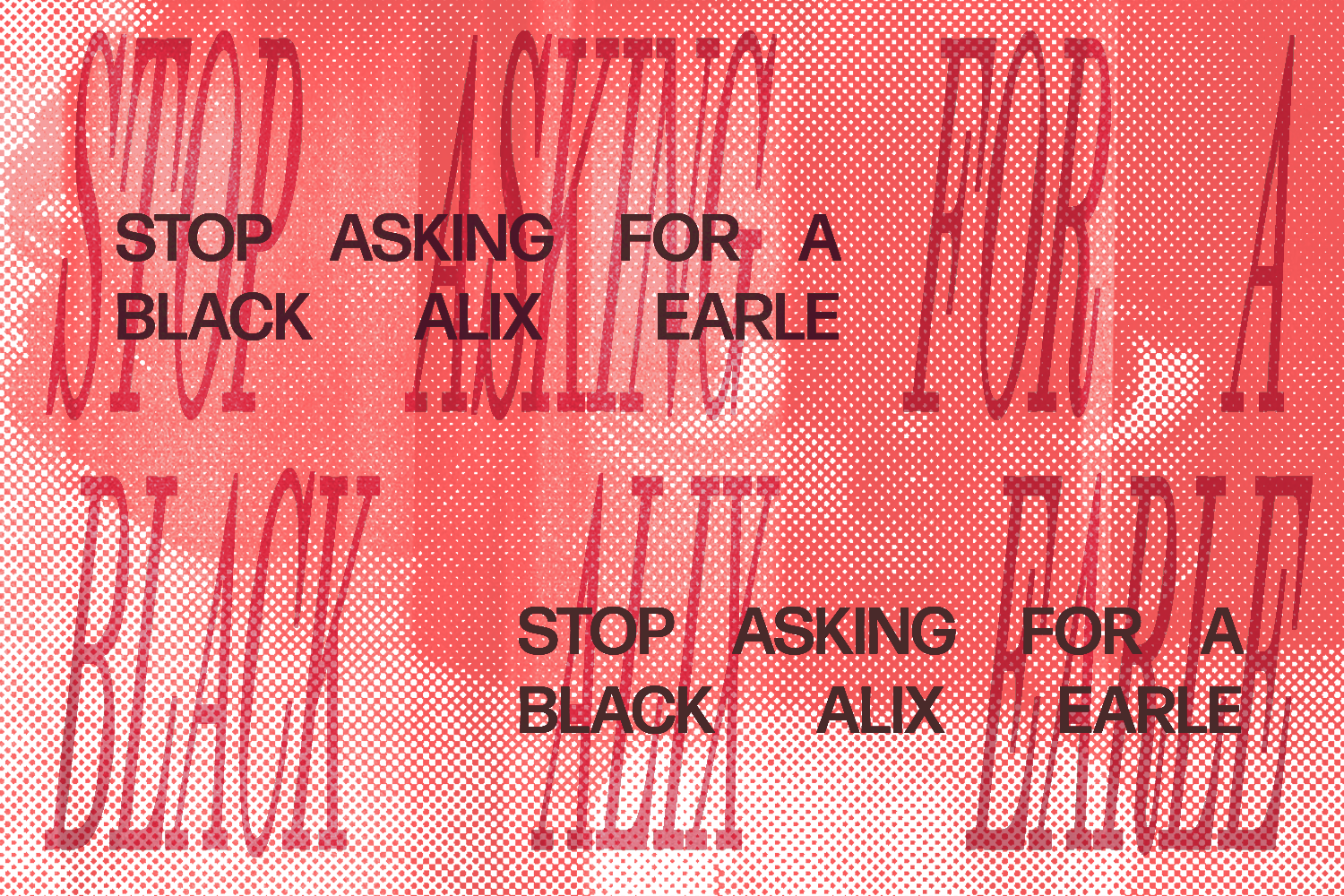SCAD partnered with Refinery29 this past weekend for the first Next in Beauty, a two-day beauty and luxury career salon featuring students and industry visionaries alike. I attended a candid panel with Michelle Lee, Kirbie Johnson, and Grace Choi as they discussed the trajectory of influencer culture’s evolution for better or for worse, which always came back to the same conclusion: anyone with a will and a way can be a content creator, but the label influencer exclusively belongs to a select many. Celebrities are influencers, writers are influencers, content creators are influencers. In the looking glass of social media, everyone is moved by hustle culture and the potential of virality.
The perspectives shared at that panel were reminiscent of an adjacent topic of conversation that was brewing on TikTok just the week prior, again. Where is the Black Alix Earle? I’m going to nip this in the bud immediately—there isn’t one. Alix Earle’s “relatable” and down-to-earth style allowed her to rise to fame the same way all Alix Earles and Emma Chamberlains do. They have the comfort of being unfiltered and they trust brands who hold preconceived and unchecked biases. It isn’t productive to compare what the trajectory of success between individuals looks like without considering the context. Things that are political, societal, and cultural. The disparity of treatment when it comes to Black creators and their white counterparts, from brand partnerships to the politics of being verified, has never been a secret. Black creators are not rewarded for mediocrity. Instead, they are bound by the double-edged sword that is (Black) Excellence.
It’s why I don’t agree with think-pieces claiming that creators like Clarke Peoples are only popular because of their proximity to whiteness—nevermind the fact that Black success should never be compared to or inflated with whiteness—or that creators like Jackie Aina are spoiling their chances at making a greater influence because the foundation of their content caters to their community. As if online connections made through shared identity, experiences, and dreams are not substantial. It isn’t the fault of the creator, but the responsibility of the audience to diversify the influence and content they consume.
To influence, the creator must have production, value, and mindfulness. Audiences desire authenticity for their support, above all those things, which means that authenticity must be practiced. An added layer to this ingredient list of requirements to build a loyal and genuine following is the ability to curate your relatability. Brands and creators alike emphasize the importance of storytelling when it comes to establishing personal connections across digital platforms. And what’s more relatable than our ambition?
People who work twice as hard are their own worst critics. I’ve seen so many Black women go out and get a second, third, fourth degree when they’re bored. There’s always something to prove and not enough time in the world. Success is defined by being better, by financial security, by being the type of girl that mothers and aunties can brag endlessly about. Success becomes the measure of our worth, the reason that labor must be performed at both work and play. For those seeking a career or stability in content creation, social perfection (see also: performance) comes at the cost of personal and psychological well-being. No one fears failure more than the complex young woman who wishes to be notable, if not extraordinary.
Victoria Monét won Best New Artist, Best R&B Album, and Best Engineered Album (non-classical) at the Grammys this year. At 34 years old, she’s been the brains and lyrical genius behind many of our favorite songs, yet this is finally the moment of achievement—one that can be proven with a trophy and accolades and firsts—that belongs to her. In the speech that even a teleprompter couldn’t stop, she spoke about never giving up. In middle school, high school, and junior year of college, I defined success as making enough money to feel secure. I fear capitalism. I fear the future I can’t type into my Notion calendar.
If I had heard Monét’s speech a year earlier, I would have dismissed it immediately. How dare she make me question my relationship with ambition? Time, fortunately, truly has been a saving grace. Inspiration quotes, poems, and JB songs about persevering are a dime a dozen, yet something about Monét’s story resonated more clearly with me than other speeches and album announcements made that night. She compares herself to a plant that is still being taken care of underground. She takes root and writes hits for other people until finally she blooms and everyone can recognize the fruit of her labor.
She doesn’t compare herself to artists who won the same award sixteen years ago or someone else’s journey. No, instead Monét references a plant that is constantly growing, especially when the end isn’t in sight. Dreams to nurture that only she has the patience for, and with that, a lesson for all of us to learn about timing, pacing, and success: In persevering in a space where you have to fight to be the best version of yourself, it’s up to the individual to create a soft place to land.
Words by Bri Shufford.
Graphic by Reem Hinedi.

